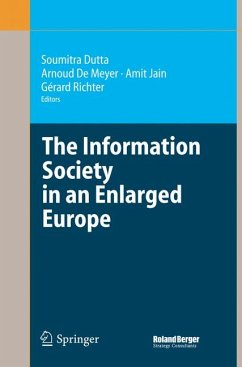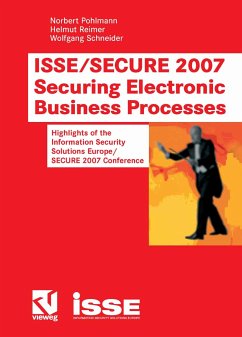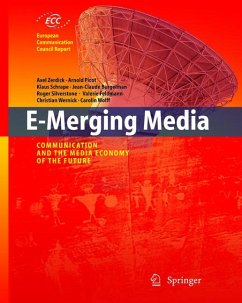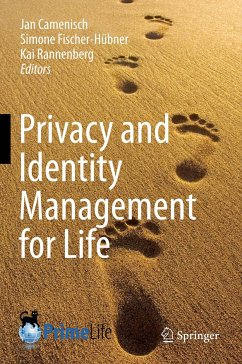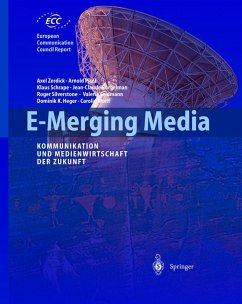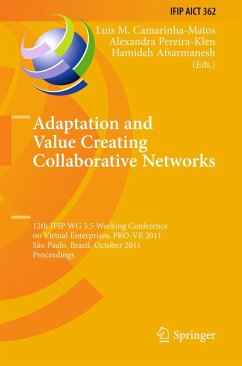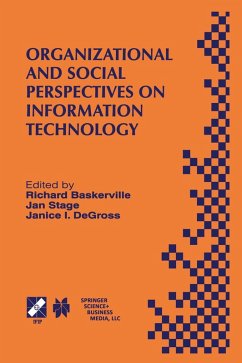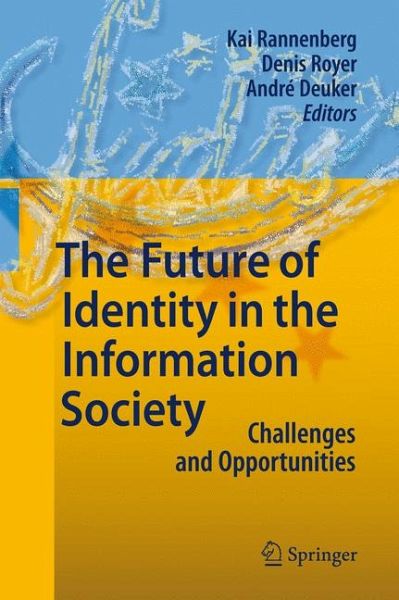
The Future of Identity in the Information Society (eBook, PDF)
Challenges and Opportunities
Redaktion: Rannenberg, Kai; Deuker, André; Royer, Denis
Versandkostenfrei!
Sofort per Download lieferbar
160,95 €
inkl. MwSt.
Weitere Ausgaben:

PAYBACK Punkte
80 °P sammeln!
Digitising personal information is changing our ways of identifying persons and managing relations. What used to be a "natural" identity, is now as virtual as a user account at a web portal, an email address, or a mobile phone number. It is subject to diverse forms of identity management in business, administration, and among citizens. Core question and source of conflict is who owns how much identity information of whom and who needs to place trust into which identity information to allow access to resources.This book presents multidisciplinary answers from research, government, and industry....
Digitising personal information is changing our ways of identifying persons and managing relations. What used to be a "natural" identity, is now as virtual as a user account at a web portal, an email address, or a mobile phone number. It is subject to diverse forms of identity management in business, administration, and among citizens. Core question and source of conflict is who owns how much identity information of whom and who needs to place trust into which identity information to allow access to resources.
This book presents multidisciplinary answers from research, government, and industry. Research from states with different cultures on the identification of citizens and ID cards is combined towards analysis of HighTechIDs and Virtual Identities, considering privacy, mobility, profiling, forensics, and identity related crime.
"FIDIS has put Europe on the global map as a place for high quality identity management research." -V. Reding, Commissioner, Responsible for Information Society and Media (EU)
This book presents multidisciplinary answers from research, government, and industry. Research from states with different cultures on the identification of citizens and ID cards is combined towards analysis of HighTechIDs and Virtual Identities, considering privacy, mobility, profiling, forensics, and identity related crime.
"FIDIS has put Europe on the global map as a place for high quality identity management research." -V. Reding, Commissioner, Responsible for Information Society and Media (EU)
Dieser Download kann aus rechtlichen Gründen nur mit Rechnungsadresse in A, B, BG, CY, CZ, D, DK, EW, E, FIN, F, GR, HR, H, IRL, I, LT, L, LR, M, NL, PL, P, R, S, SLO, SK ausgeliefert werden.



